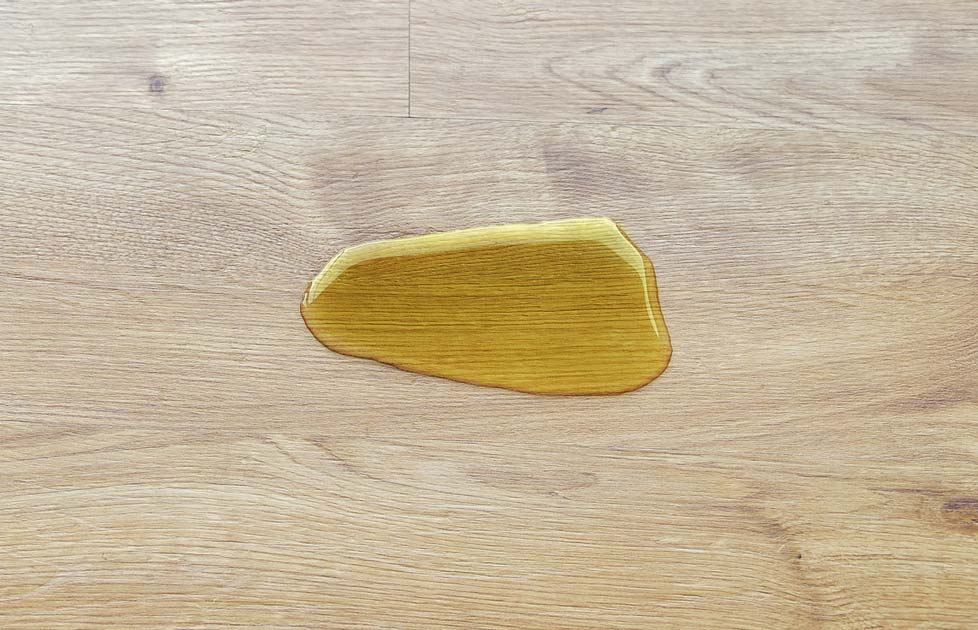Causes of House Soiling in Dogs

Most of the time, when dogs eliminate inappropriately in the home, it's because they aren't entirely housetrained. But what if your dog is trained and suddenly starts house soiling?
Dogs That Have Accidents Aren't Spiteful
When your previously trained dog urinates or defecates in the house or on some of your belongings, it's easy to think they're angry with you or acting out of spite. But that is not the case. There is always a reason. Sometimes, it's medical and other times, it's behavioral.
Medical Problems That Can Cause Inappropriate Elimination in Dogs
There are a plethora of medical causes of inappropriate urination and defecation in dogs. Anything that causes an increase in urine or stool volume or increased urge can cause it. Loose stool can cause poop accidents in the house. Here are some of the medical conditions that can cause house soiling in dogs:
- Urinary tract infection
- Diabetes mellitus
- Intestinal parasites
- IBD
- Kidney failure
- Incontinence
- Joint problems including arthritis, hip dysplasia, torn ACL, and IVDD
- Senility
The first thing you should do if your housetrained dog starts having urine or stool accidents in the house is to visit the veterinarian. If possible, bring a sample of urine and/or stool with you for testing.
Behavior Problems That Can Cause Inappropriate Elimination in Dogs
There are many issues that aren't medical that can result in a dog having accidents in the house. Here are the most common ones:
- You've moved, and housetraining didn't transfer. In this case, you will need to start over with crate training as though your dog is a puppy.
- Past accidents have occurred there. If your dog or another dog has had a stool or urine accident in a specific spot, your dog may be able to smell it and have an overwhelming urge to mark over it. If you think that's the case, you'll need to do some deep cleaning with enzymatic cleaners. Learn more: "Cleaning Dog Urine."
- The dog is afraid to go in the right spot. Sometimes, a dog can become fearful of going outside or to the designated area for relieving themselves. That can happen if there's bad weather, loud noises, or another dog has harassed them while they were going. If you think that could be the reason for your dog's house soiling, you may have to do some reconditioning work. Retrain your dog to go outside by using praise and treats to associate it with good things in his mind.
- The dog is expected to wait too long before going out. If a housetrained dog can't get out to eliminate, he'll hold it if possible, but eventually, he'll have no choice but to go. If your dog must stay inside for long periods, consider hiring a dog walker to let him out more often.
- Separation anxiety can cause house soiling. If your dog develops anxiety, inappropriate elimination is one of the first things you could see. Learn more: "Separation Anxiety in Dogs."
- Non-neutered dogs may mark territory. Both male and female dogs may inappropriately eliminate in the house as a way of marking territory. It's more common in males. However, female dogs in heat may urinate in the house at an increased rate too. Neutering after the behavior begins may curb it, but it's much more effective if the surgery is done before the behavior starts: "Dog Neutering: Is Earlier Better?"
Remember: Don't use punishment to curtail inappropriate urination or defecation. Doing so can increase a dog's anxiety and stress, which may make the problem worse. It will also damage the bond between you.
- Stress can cause house soiling. If something has changed in the dog's life, the resultant stress can cause urination or defecation in the house. Often, that involves a change in schedule, the loss or addition of a housemate (human or animal), remodeling or rearranging in the home, or a new baby. If you think stress could have something to do with your dog's accidents, do what you can to re-establish a routine and increase your dog's exercise and play schedule.
You May Also Like These Articles:
Causes of Frequent Urination and Urinary Accidents in Dogs
Disclaimer: This website is not intended to replace professional consultation, diagnosis, or treatment by a licensed veterinarian. If you require any veterinary related advice, contact your veterinarian promptly. Information at DogHealth.com is exclusively of a general reference nature. Do not disregard veterinary advice or delay treatment as a result of accessing information at this site. Just Answer is an external service not affiliated with DogHealth.com.
Notice: Ask-a-Vet is an affiliated service for those who wish to speak with a veterinary professional about their pet's specific condition. Initially, a bot will ask questions to determine the general nature of your concern. Then, you will be transferred to a human. There is a charge for the service if you choose to connect to a veterinarian. Ask-a-Vet is not manned by the staff or owners of DogHealth.com, and the advice given should not delay or replace a visit to your veterinarian.



